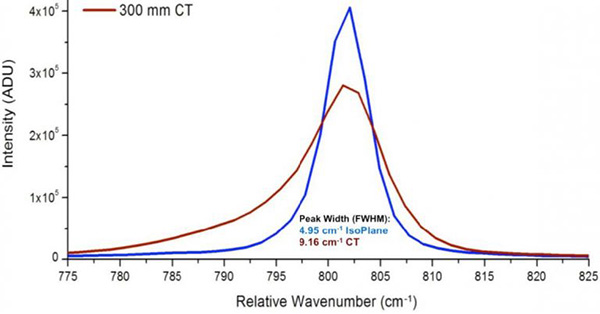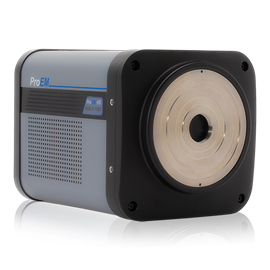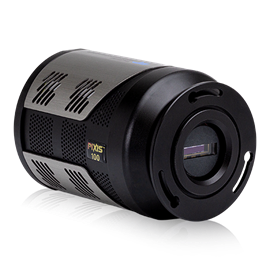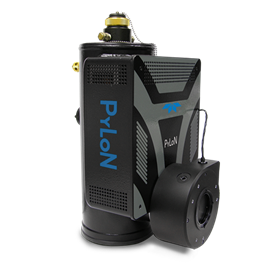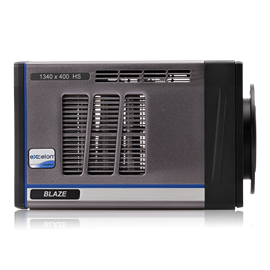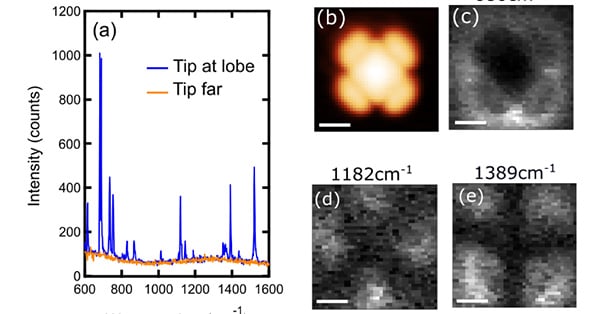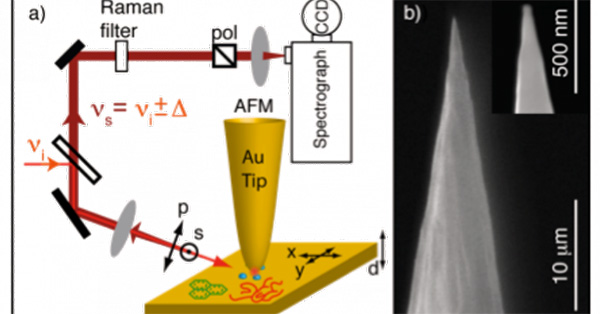Coherent Anti-Stokes Raman Spectroscopy (CARS)
CARS is a nonlinear Raman spectroscopy technique that uses two very strong collinear lasers to irradiate a sample. The frequency is usually kept constant, with the second laser tuned so that the frequency difference between the two lasers equals the frequency of a Raman-active mode of interest.
To obtain a strong Raman signal, the second laser frequency should be tuned in such a way that its frequency is equivalent to the constant frequency of the first laser minus the frequency of a Raman-active rotational, vibrational, or other mode.
This will cause the frequency of the scattered light to be higher than that of the excitation frequency and so forms anti-Stokes frequency.

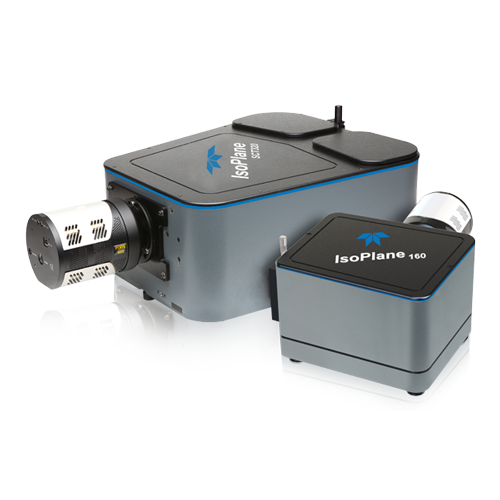
Spectrometer for CARS: IsoPlane
The IsoPlane offers excellent signal-to-noise ratio, with high spectral resolution and imaging performance to ensure almost perfect capture of information from CARS. The IsoPlane provides twice the light-gathering power in comparison to Czerny-Turner spectrographs, allowing for the fast acquisition of enhanced signal as provided by CARS. This overall produces sharper images and improved resolution, ensuring all peaks within the resulting spectra are distinguished without the need for post-processing techniques. With a unique optical design, the IsoPlane completely eliminates astigmatism across the focal plane. This offers multichannel capabilities to obtain broad range spectral information. CARS is a technique that is ultimately used for known species, however a broad spectral range allows for complete analysis of the product.
View ProductResources from the Learning Center
View All